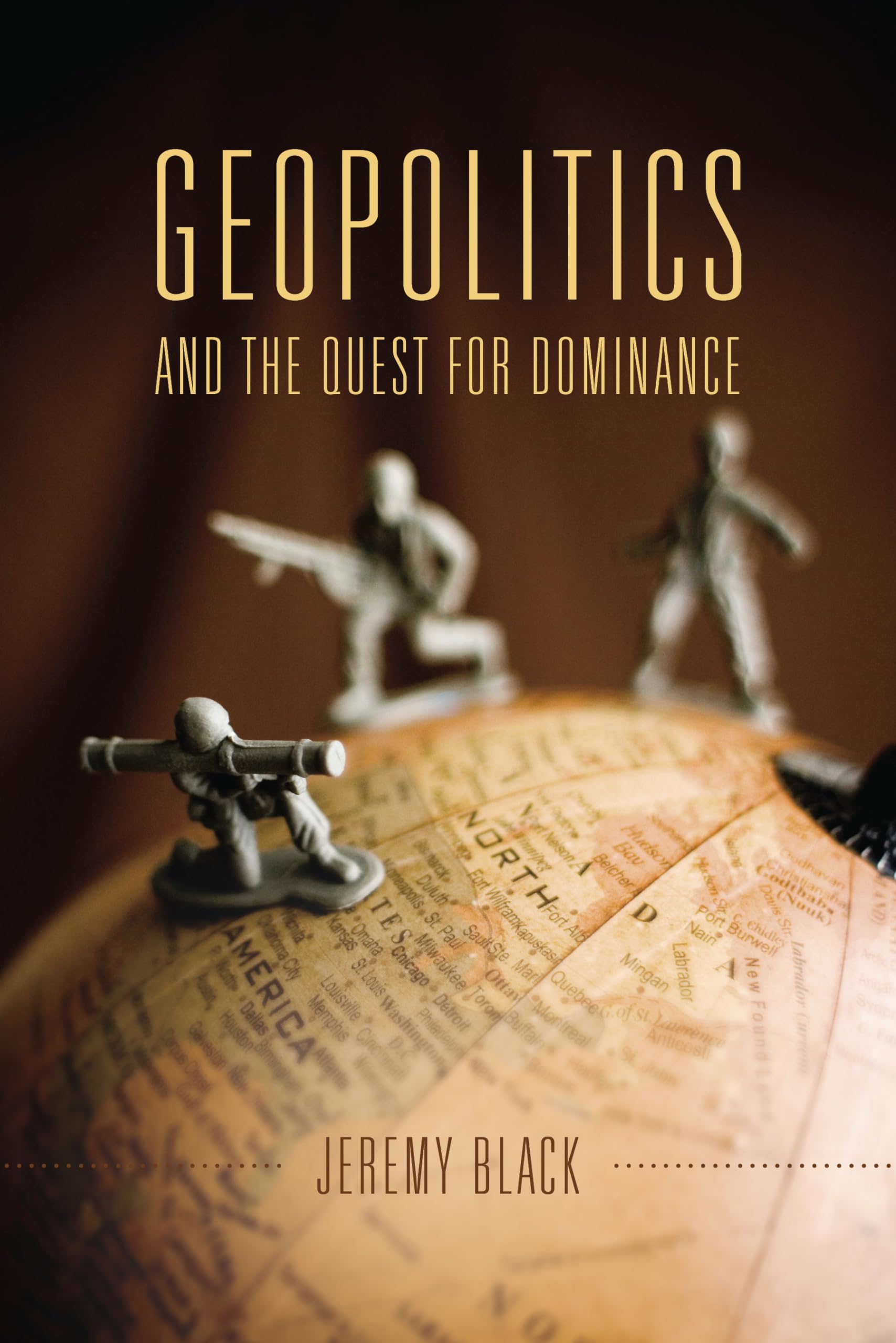

Jeremy Black, a well-known author, scholar, and renowned professor of history at the University of Exeter, believes that the independent way we view and practice geopolitics needs a critical, unifying adjustment to reflect today's complex global environment. He points out that there is still no universally accepted definition of geopolitics. This lack of clarity has led historians, geographers, political and military leaders, economists, and others to view geopolitics too narrowly, which undermines our understanding of how states interact.
Black believes that geopolitics should be viewed through the interplay of material factors such as distance, time, location, and resources, as well as history. He also emphasizes an expanded human dimension that includes ideas and perceptions of the environment. This comprehensive approach allows for a better understanding of the thinking behind the politics and behavior of states in an increasingly interconnected world.
To support his thesis, Black details the historical use and misuse of geopolitics before the term was commonly known. Using examples from the Peloponnesian War (460 BC), he shows how geopolitical factors have developed over time. He looks at elements such as spatiality, spheres of influence, the balance of power, religion, conflict, economics, and grand strategy. Case studies from the rise of the British Empire in the 15th century to the US involvement in Afghanistan after September 11, 2001, show how power politics, trade, and military naval power are used as instruments of power. Mapping is presented as another geopolitical instrument.
Black also explores the dynamic relationship between geography and imperialism, focusing on international competition and cooperation (both economic and political) in the 19th century. Using case studies from the 20th century, particularly Nazi Germany, he introduces the cultural component of geopolitics. Extreme negative opinions about ethnic groups through propaganda led to gross injustices such as ethnic "cleansing" or genocide during the Second World War. Hitler also used this reasoning to gain control over German border states.
Black looks at geopolitics in the context of the Cold War. He discusses containment to prevent the spread of communism, nuclear weapons as forms of state power, and state counterbalance (such as the US use against China). Another topic is the rise of international organizations that shape global norms.
The book is cleverly tailored to the reader. Jeremy Black takes you on an interesting journey through the geopolitical thinking that has been shaped by key figures and events — and their outcomes! He does an excellent job of navigating the historical literature while making connections that convincingly support his arguments. The research is meticulous — rich in detail and insight. The book is a must-read for anyone interested in international relations, strategic studies, geography, and more! It also provides ample material for discussion among scholars!
Szabolcs Veres
the author is a researcher at the Eurasia Center
Publisher: Indiana University Press
Publication date: 2015
ISBN: 978-0253018700
Pages: 352